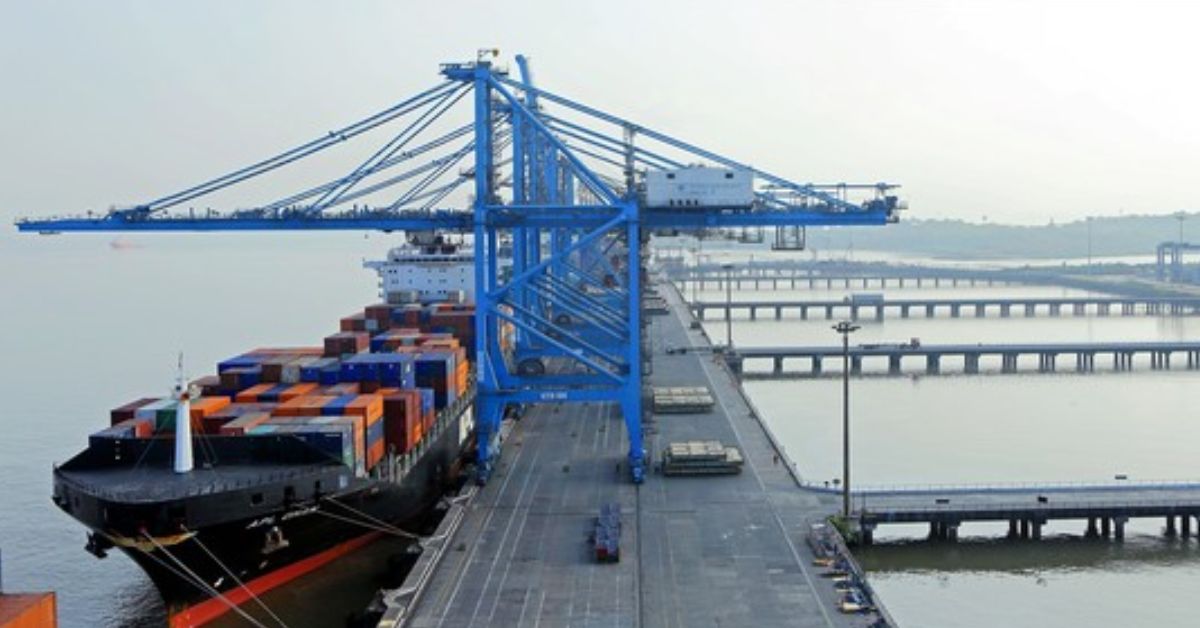The Xeneta Ocean Market Outlook 2025 predicts that, similar to 2024, the transportation of ocean containers will be difficult in 2025.
With no obvious political settlement in sight, the Red Sea war is predicted to continue. According to Xeneta, there won’t be a significant reintroduction of container ships to the area.
Due to the absence of systemic flexibility to handle another supply chain shock, the research cautioned that container shipping is at increased risk.
The market’s available capacity and TEU-mile demand will be significantly impacted by diversions around Africa. Furthermore, even if new ship deliveries and a slowdown in TEU volume increase would lessen the load somewhat, they won’t be enough to prevent another significant disaster.
Other warning signs for the sector include the potential for a worsening of the Middle East scenario, the potential for military escalation in the Taiwan Strait, and the instability in Bangladesh that may result in regime change.
New US tariffs on Chinese goods could potentially be implemented, which would increase freight costs and encourage shippers to frontload imports.
Then there is Mexico’s ongoing demand expansion as a back door to the United States from China. In January, there might even be further strike threats on US and Gulf Coast ports that were just avoided.
As new partnerships are implemented in the first quarter of next year, the Xeneta report inquired about the responses of shippers, freight forwarders, and carriers.
Spot markets have been cooling on large fronthauls out of the Far East since they peaked in July, which is at least some good news for shippers ahead of long-term contract negotiations.
According to Xeneta, shippers’ increased access to data is one reason for their favor. This enables them to keep a careful eye on the amount of freight spent on specific corridors and compare carriers’ performance to planned reliability, capacity, transit times, and CO2 emissions.
According to the report’s conclusion, shippers have had a rough year, but there is still hope that things will improve next year.
“However, it is crucial to maintain realism and be ready for additional disruptions,” the paper stated.








